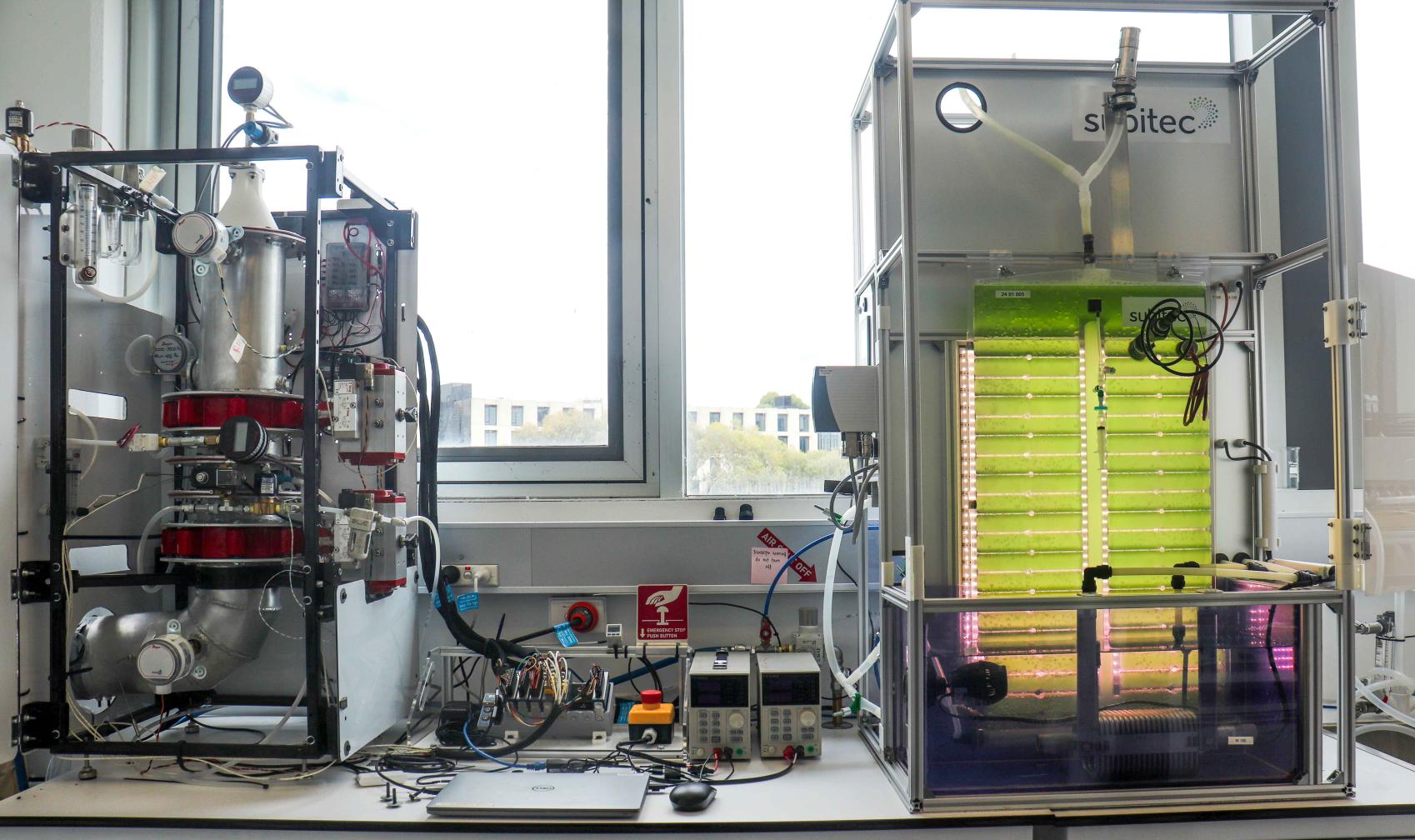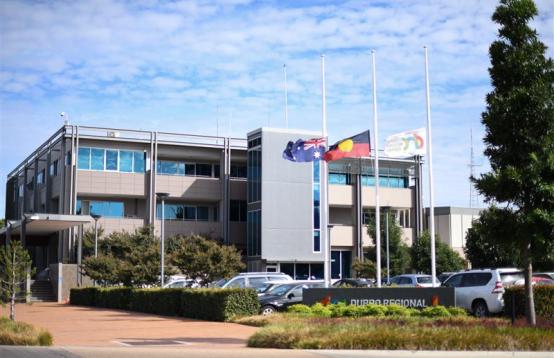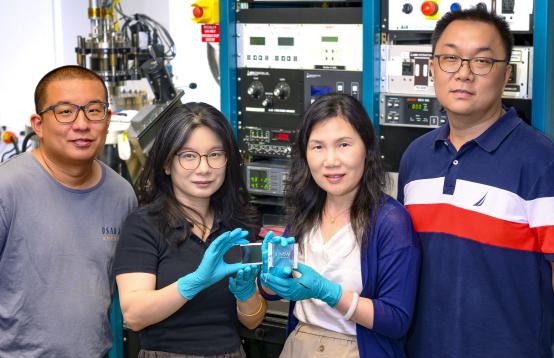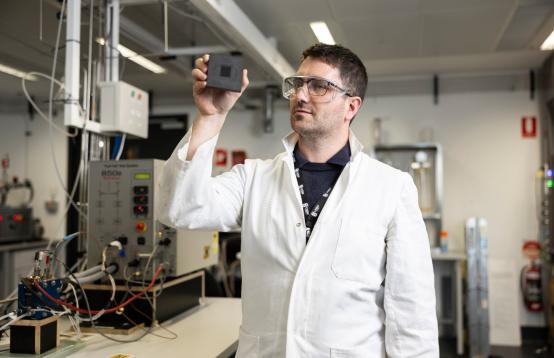Posted on

As the global climate crisis escalates, urgent action is required to meet net-zero targets. The Woodside Monash Energy Partnership project, at the forefront of this movement, is advancing carbon reuse and recycling through cutting-edge carbon removal technology. The team’s Direct Air Capture (DAC) innovation is designed to help carbon dioxide commodity users rapidly decarbonise, offering a flexible, location-agnostic and scalable solution to climate change.
At the heart of the approach is the development of modular DAC units that enable carbon dioxide users to directly capture carbon dioxide from the air and repurpose it for on-site use. This decentralised deployment model empowers industries to accelerate their carbon reduction efforts, driving impact at scale. By transforming carbon dioxide from a waste product into a valuable resource, for use in industries like biomanufacturing, agriculture and synthetic fuel production, the team is redefining carbon management for a more sustainable future.
The project is supported by an Australia’s Economic Accelerator (AEA) Seed grant, and co-funded by industry partners, including Woodside Energy and Bondi Bio, who bring world-class expertise and resources to the table. This collaboration is led by Monash University and supported by The University of Queensland to effectively combine academic excellence and industry know-how to deliver cutting-edge solutions.
A unique aspect of this AEA-funded project is its focus on nurturing early-career entrepreneurs, allowing PhD candidates to lead and be formally listed as investigators. Monash University’s first Industry Doctoral PhD (IDP) candidate Evangeline Leong leads the project, with Maksis Darzins and Joel Wong as fellow IDP candidates being key Collaborating Entrepreneurs on the project. They work alongside world-leading experts Professor Paul Webley, Professor Esteban Marcellin, Dr James Brown, Dr Jitendra Joshi and Dr Matthew Nussio.
"Through this project, we are not just developing carbon dioxide removal technologies but also changing how we view carbon dioxide—turning it from a climate problem into a decarbonisation opportunity,” said Lead Entrepreneur Dr Leong.
“The AEA Seed Grant has been crucial in advancing our DAC2BIO initiative, helping us fast-track both development and commercialisation of our technology. We are proud to work with Bondi Bio, the first adopter of our DAC technology, and to have the continued technical and financial backing of Woodside Energy.”
“These collaborations are essential for accelerating the pace at which climate technologies can make a real-world impact. This support has strengthened our industry partnerships and attracted interest from potential customers and investors,” said Collaborating Entrepreneur Joel Wong.
The technology has gained visibility through local and international platforms. It earned recognition at the City of Melbourne’s Open Innovation Competition 2024, which opened doors to various entrepreneurial communities.
Notably, the team engaged with the Australia-China Association of Scientists and Entrepreneurs, which provided a platform to present the technology at the Australia-China Economic Trade & Investment Expo 2024, attracting global market interest and ensuring a strong position in the rapidly growing climate tech field.
"In our first project milestone, we successfully scaled our next-generation DAC unit by 100 times from our initial benchtop proof of concept,” said Collaborating Entrepreneur Maksis Darzins.
"This achievement has sparked significant interest from venture capitalists and potential customers, positioning us to develop a minimum viable product suitable for industrial-scale integration in the next few years."
The team is excited to continue pushing the boundaries of what’s possible in carbon capture and utilisation. As they look ahead to future rounds of funding and expansion, they are committed to ensuring that the technology plays a key role in building a sustainable, net-zero future for all. This project stands as a testament to the power of collaboration between academia, industry, and government, and the importance of nurturing the next generation of entrepreneurial leaders.
AEA is a $1.6 billion Australian Government investment aimed at transforming Australia’s research translation and commercialisation landscape. Follow the AEA LinkedIn page for regular updates.



